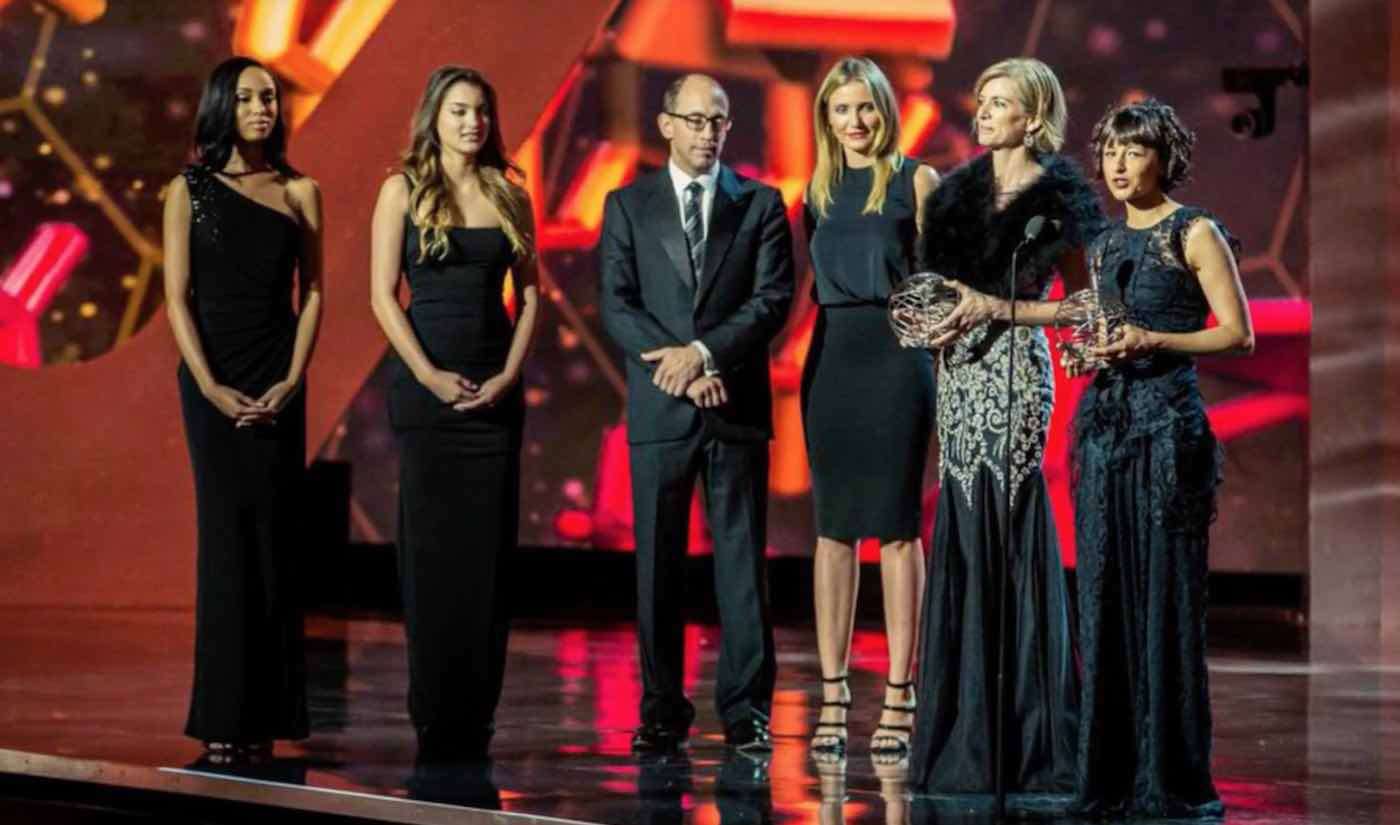'First of its Kind' Zero-Emission Geothermal Energy System in Canada May Soon Be in Your Town
The first-of-its-kind underground system uses a closed-loop design generates zero greenhouse gas emissions and requires no fracking or water.

In an award ceremony that is considered to be the "Oscars of Science", more than $21.6 million has been distributed to scientific trailblazers for their groundbreaking achievements in life sciences, fundamental physics, and mathematics.
Now in its eighth year, the Breakthrough Prize annually recognizes achievements in disciplines that ask the biggest questions and seek the deepest explanations. Considered to be the world's most generous science prize, each Breakthrough Prize is $3 million.
The Breakthrough Prize Foundation and its founding sponsors—including Mark Zuckerberg and a number of other tech moguls—today announced the recipients of the 2020 Breakthrough Prize and 2020 New Horizons Prize.
This year's winners are credited with discoveries that address important and compelling scientific questions—from "What does a black hole look like?" to "Why do chilis taste hot?" and "What are the causes of neurodegenerative disease?"
As a collective, this year's Breakthrough Prize laureates probed the galaxies to capture the first image of a black hole; imagined gravity at the quantum level; laid the foundation for non-opioid analgesics to extinguish chronic pain; established the biological basis of how much we eat and weigh; and discovered common mechanisms underlying neurodegenerative disorders, including early-onset dementia.
This year's prize for Fundamental Physics was awarded to the team of 347 scientists who managed to capture the first image of a supermassive black hole, taken by means of an Earth-sized alliance of telescopes.
Using eight sensitive radio telescopes strategically positioned around the world in Antarctica, Chile, Mexico, Hawaii, Arizona and Spain, a global collaboration of scientists at 60 institutions operating in 20 countries and regions captured an image of a black hole for the first time. By synchronizing each telescope using a network of atomic clocks, the team created a virtual telescope as large as the Earth, with a resolving power never before achieved from the surface of our planet. One of their first targets was the supermassive black hole at the center of the Messier 87 galaxy—its mass equivalent to 6.5 billion suns.
In the Life Sciences category, another $3 million prize was awarded to the researchers who discovered the biological machinery of how proteins can dramatically influence the development of neurodegenerative diseases.
As we age, this machinery might slow down and leave proteins messily clumping—"like the white of an egg congealing in a hot frying pan"—and setting the stage for cancer as well as Alzheimer's, Parkinson's, and Huntington's disease.
Collaborating between Connecticut and Germany, the researchers Ulrich Hartl and Arthur Horwich are now investigating how to repair or support the cell's folding machinery to inhibit protein clumping and preserve healthy functioning as we age.
Professor David Julius from the University of California, San Francisco was awarded for his pioneering research on the molecules, cells, and mechanisms underlying pain sensation.
Julius is hailed for discovering the cellular signaling mechanisms that produce pain sensation. Among other curiosities, he found that chili peppers and menthol trigger the same sensory receptors in the nervous system that ordinarily respond to heat and cold. While most pain functions as an early warning system, chronic pain is debilitating—but by identifying specific cellular targets for the chronic pain of IBS, arthritis, cancer, etc., his team is laying the foundation for a next generation of non-opioid, precision analgesics.
The new Breakthrough Prize laureates will be recognized at the eighth annual Breakthrough Prize gala awards ceremony on November 3rd at NASA Ames Research Center in Mountain View, California, and broadcasted live on National Geographic.
(WATCH the summary video below) – Photo by the Breakthrough Prize Foundation
Power Up With Positivity By Sharing The Good News To Social Media…
Be the first to comment